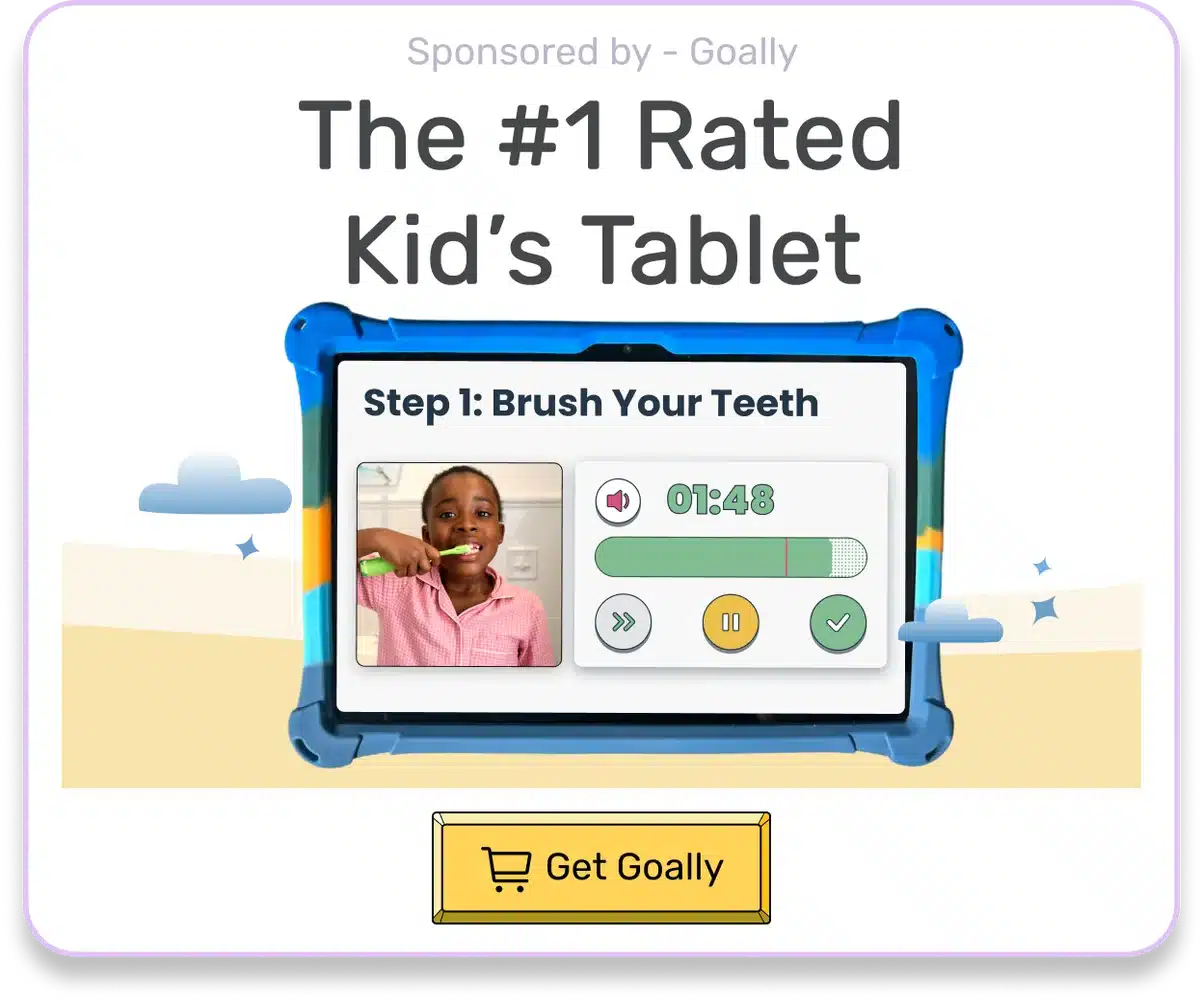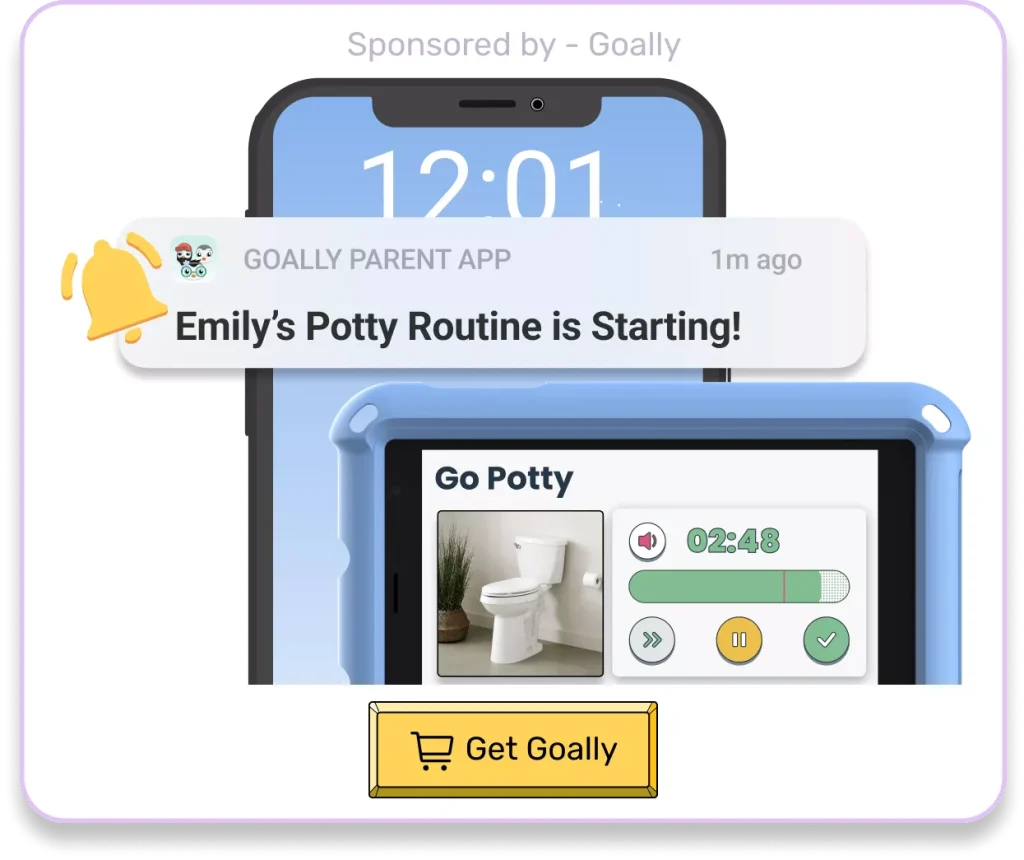Anyone who’s ever been a parent for even a short time knows kids can sometimes melt down for what seem like totally ridiculous reasons. My niece threw a massive fit a while back at the water park because she hated the feel of the wet sand on her feet. But there can be other reasons for tantrums and meltdowns. Neurodivergent kids experience the world in a different way. Sometimes, if a child has a diagnosis like autism, they may need additional support. In Michigan, autism spectrum disorder (ASD) is diagnosed through an evaluation that includes behavioral assessments and observation of the individual’s communication, social interactions, and activities and interests. The evaluation may involve a multi-disciplinary team of specialists, including a pediatrician, psychologist, speech and language pathologist, and occupational therapist. The Diagnostic and Statistical Manual of Mental Disorders (DSM-IV) is used during the evaluation.
Table of Contents
How to Get an Autism Diagnosis
If you suspect that your child may be neurodivergent, you might be wondering how to get an autism diagnosis for my child. Here’s a breakdown of the general steps involved. Please note that the process can look a little different from state to state, and even sometimes by county in Michigan.
Step 1: Talk to your pediatrician
If you’re concerned about your child’s development, the first and most important step is to talk to your child’s pediatrician. Describe the behaviors or concerns you’ve noticed. Your pediatrician can perform an initial screening and help determine if further evaluation is needed.
Step 2: Find qualified professionals
If your child’s pediatrician suggests a more in-depth evaluation, finding qualified professionals is critical. Here’s who might be involved in getting a diagnosis for your little one:
- Developmental Pediatrician: A doctor who specializes in child development and developmental disorders.
- Psychologist or Neuropsychologist: A professional who evaluates behavior, cognitive skills, and social-emotional functioning.
- Speech-Language Pathologist: A professional who assesses communication skills and language development.
- Occupational Therapist: A professional who evaluates sensory processing, motor skills, and daily living activities.
Goally | The Tablet for Neurodiverse Kids

Step 3: The Evaluation Process
A comprehensive autism evaluation usually involves several components, including:
- Parent/Caregiver Interview: You’ll be asked about your child’s developmental history, current behaviors, strengths, and challenges.
- Direct Observation of Your Child: The evaluators will observe your child’s play, social interactions, and communication skills.
- Standardized Testing: Your child may undergo formal assessments to measure cognitive abilities, language skills, and adaptive behaviors.
Step 4: Receiving the Diagnosis
After the evaluation, you’ll have a feedback session with the professionals involved. They’ll discuss their findings, explain the diagnosis (if applicable), and recommend next steps. If your child is not diagnosed on the autism spectrum, the specialist should provide recommendations for other possible diagnoses or additional interventions.

Read more: Toddler Autism Test
Understanding the Importance of an Early Diagnosis
Getting an accurate diagnosis can be a game-changer for kids and families. When I was little, I didn’t understand that my cousin’s brain worked differently than mine, so I’d sometimes get frustrated at her when she acted in a way I didn’t understand. But an early diagnosis can help you understand your child’s differences which can be the key to helping your child develop coping skills. Here are some benefits:
- Access to Targeted Support: A diagnosis opens the door to specialized therapies and interventions tailored to your child’s needs.
- School Accommodations: A diagnosis can qualify your child for accommodations and support services within the school system.
- Understanding and Acceptance: A diagnosis can provide a sense of understanding and validation for both you and your child, helping you build a stronger foundation for acceptance and advocacy.
Goally | Visual Scheduler for Autism
Does your child struggle with getting ready in the morning independently? Goally’s routine app on the best tablet for kids breaks down large tasks into small, achievable steps for autistic kids. Create custom routines with your own videos & pictures for every step.
Navigating the Emotional Journey
Getting a diagnosis is a big deal, and it’s totally normal to feel a wide range of emotions. It’s okay to feel overwhelmed, anxious, or even relieved to finally have some answers. Remember: You’re Not Alone: There are many incredible resources and support groups for families of neurodivergent kids; you don’t have to go through this alone. Celebrate Your Child’s Uniqueness: A diagnosis doesn’t change who your child is; it simply provides a framework for understanding and supporting their needs. Focus on their strengths and celebrate their unique journey. Conclusion If you are looking for answers about “how to get an autism diagnosis” for a child you love, you are at the beginning of an amazing journey. Although the process can feel overwhelming at the outset, getting a diagnosis is a vital step in empowering you to advocate for your child and access the support they need to thrive.
Credible Sources
- Autism Speaks: This organization provides extensive resources and support for individuals and families affected by autism.
- The Centers for Disease Control and Prevention (CDC): The CDC offers reliable information about autism, including signs, diagnosis, and resources.
- The National Institute of Mental Health (NIMH): The NIMH provides research-based information and resources on a wide range of mental health conditions, including autism.
FAQ’s About How to Get an Autism Diagnosis
What are the first signs of autism in a child? Signs of autism can vary, but may include delayed speech, difficulty with social interactions, repetitive behaviors, and intense interests in specific topics. Who can diagnose autism? Qualified professionals like developmental pediatricians, psychologists, neuropsychologists, and psychiatrists can diagnose autism. What does an autism evaluation involve? An autism evaluation typically includes parent interviews, direct observation of the child, and standardized testing. How long does it take to get an autism diagnosis? The process for getting an autism diagnosis can vary in length, but may take several weeks or months to complete. What are the benefits of an early autism diagnosis? Early diagnosis unlocks access to targeted therapies, school accommodations, and helps families better understand and support their child's needs.
Emily is a seasoned blog writer for Goally, leveraging her extensive background in child psychology and special education to provide valuable insights and resources for parents. Her commitment to understanding and addressing the unique needs of these children, combined with her expertise in educational strategies, makes her a credible and empathetic voice for families.






